
by Chris Kelly
I was anorexic during my junior year of college, and if Heaven meant weighing 120 pounds, then this was a religious fast.
As an atheist, I have trouble discussing religion in a way that others find respectful and inclusive. Even the choice of comparing faith with an eating disorder, though many have made the connection before me, will strike some as insensitive or derogatory. Still, I cannot help but see religion as a series of regulations and rationalizations devised for and by a populace with a natural inclination toward fear. Sometimes we just want a sense of control.
My days were spent in accordance with self-imposed laws; I prayed to an emaciated God, penitently striving to exist in His image. I knew, of course, that society did not approve of the choice I was making, and that if discovered I would be urged to resume my previous habits. Practicing in secret to avoid discovery, I felt like a persecuted minority. When the Inquisition came, I would die with a clean (and thin) soul.
There was no food before noon, only water; I commonly consumed nothing until at least 3:00 PM. It was necessary to be seen eating on occasion, of course, but the amount was carefully controlled. Something like a muffin or an apple was ideal; people who saw me take the first bite assumed that I would finish what I had started. Jogging was also vital; it burns calories and creates the perception that one is healthy rather than crazy. While beneficial for other reasons and still a dietary restriction of mine to this day, vegetarianism provides an excellent excuse to deny one's self at meals or to consume only a sparse salad in lieu of actual sustenance.
Though I did not make the connection at the time, my experiences with anorexia give me a lens through which to view faith and its benefits. I strongly recall the thrill of waiting an hour longer to take that one bite of bread, the guilt of cheating or slipping, and the constant self-judgment based on the fluctuating numbers doled out by the bathroom scale. This new plan gave me an easy way to measure my worth: the lower my weight, the better a person I was. I had control. I had purpose. Is it so strange a leap to expand this concept further? If I was able to judge myself based on these rules, why not others? Why not hold my entire life to concrete standards, however arbitrary? I can only imagine the satisfaction of easily categorizing the world into good and bad based on an unchanging rubric.
The trouble with such systems, says the atheist, is that they do not bring you happiness. Your prayers go unanswered and your only comfort is that the Lord works in mysterious ways. You fail to live up to impossible standards and writhe under the scrutiny of self-examination. You live a life of want: the want of things forbidden, the want of divine guidance, the want of freedom from want. I would not have been happy even if the needle had hit 120 before my friends caught on and staged an intervention over a brownie sundae. There is no pleasure to parallel thinking for one's self.
Control does not mean following someone else's plan; it means taking what you want. If a God decides my fate, then I am he, and that is as religious as I am prepared to get. I will make my own rules and claim my own right. I eat bagels and ice cream and chocolate and all the things I taught myself to shun despite my crippling desire, and if I have kept myself slim without anorexia, then I can make myself divine without belief.

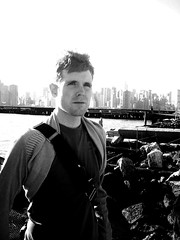
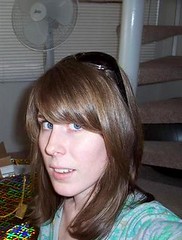


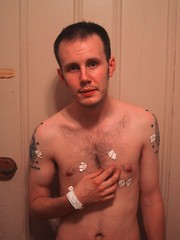
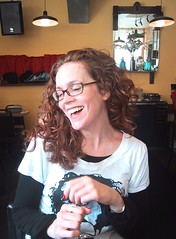
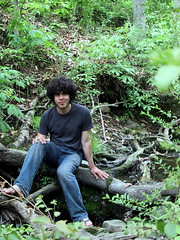

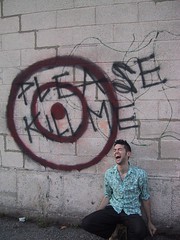


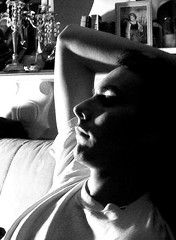
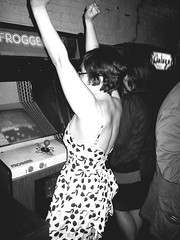
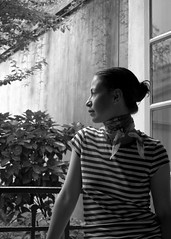
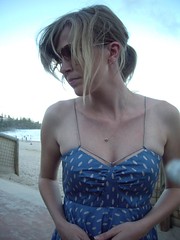
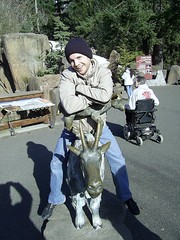


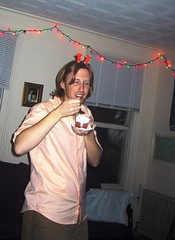

No comments:
Post a Comment